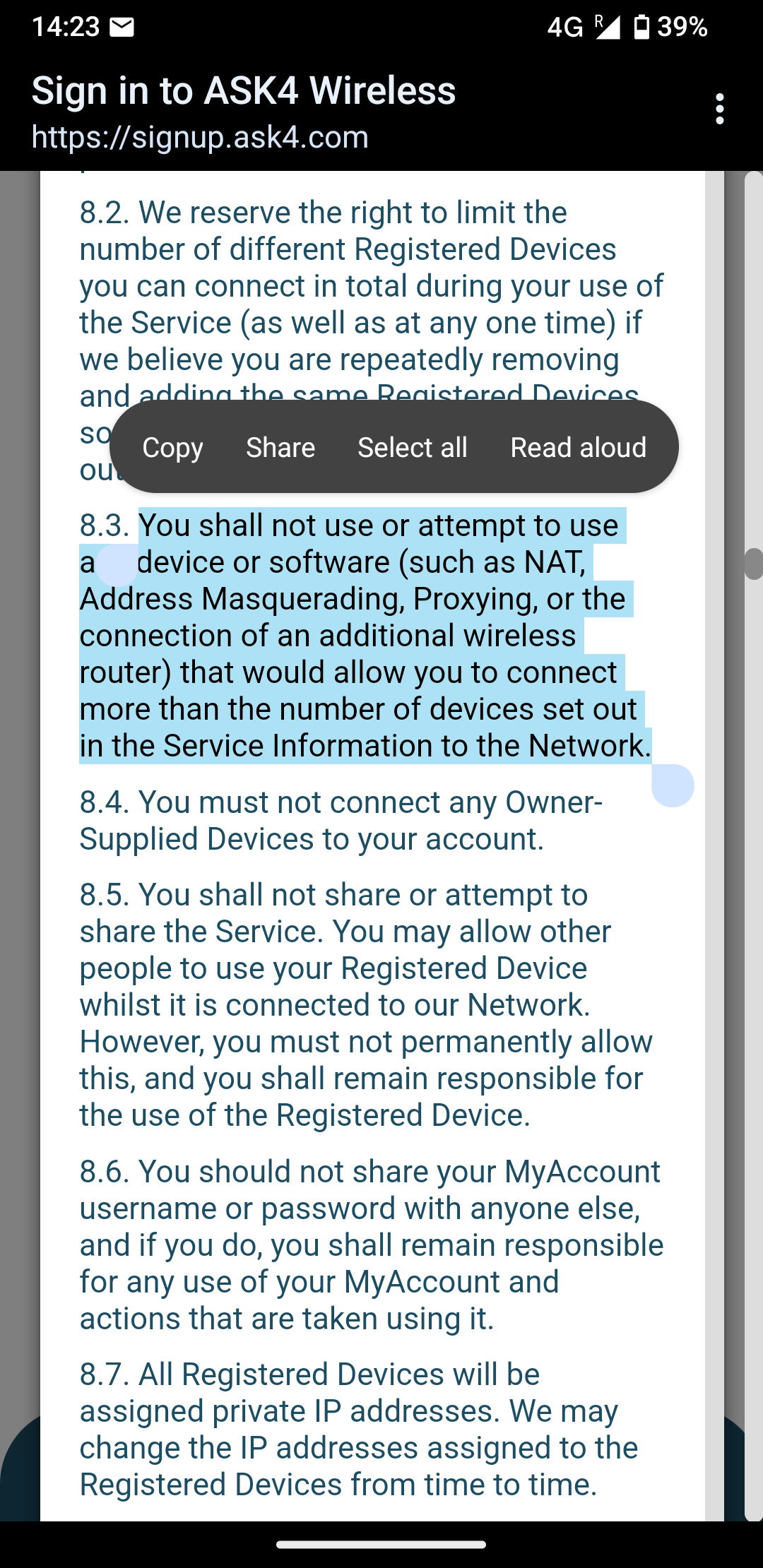this post was submitted on 07 Sep 2024
472 points (92.6% liked)
Technology
59605 readers
3394 users here now
This is a most excellent place for technology news and articles.
Our Rules
- Follow the lemmy.world rules.
- Only tech related content.
- Be excellent to each another!
- Mod approved content bots can post up to 10 articles per day.
- Threads asking for personal tech support may be deleted.
- Politics threads may be removed.
- No memes allowed as posts, OK to post as comments.
- Only approved bots from the list below, to ask if your bot can be added please contact us.
- Check for duplicates before posting, duplicates may be removed
Approved Bots
founded 1 year ago
MODERATORS
you are viewing a single comment's thread
view the rest of the comments
view the rest of the comments

Not all that surprising. I don’t know of any network manager who’d happily allow rogue routers on their network, particularly if you still have it configured as a DHCP device and not a pass through device, which most college students do not consider and will very much disrupt campus network performance.
Why does the dhcp on the router affect the main network? I'd think if it has its own network the main network would only need to deal with the router, as opposed to all the devices connected to the router if it was passthrough?
Because that router will be broadcasting DHCP signals and offering IPs, conflicting with the authorized DHCP servers on the network. This wiki article will probably explain it better. I’m not so good with the words a such.
Here’s hoping these downvoters aren’t in charge of any networks. Not really sure what part of “a router is a DHCP server” you geniuses don’t understand.
A consumer router only operates DHCP on the LAN side. Presumably one would plug the WAN side into the university network, making this a non-issue.
Some of my other replies address that. Worked in IT on a college campus, and every class will have at least a few clueless users who just plug the cables into the LAN ports.
Makes sense. Would that not be trivially mitigated by just blocking dhcp responses from unapproved servers on the switch though?
Should be, yes. At that point it’s a question of how well the network was configured. I’d hope this wouldn’t be much of an issue these days - I did graduate from college in 2011, and I’m sure (hopeful) campus networks have improved since my student IT job days. These days my router config experience is from the ISP side. The only private network I’m responsible for is my own, thankfully!
I went to college in the mid-late 2010s and I recall they specifically banned WiFi routers, but when I checked what they meant specifically all they cared was that it didn’t broadcast on the 2.4 or 5 ghz spectrum and if it was all wired I was fine.
Definitely makes sense - security concerns aside, the less crowded the broadcast space, the happier all the APs are.